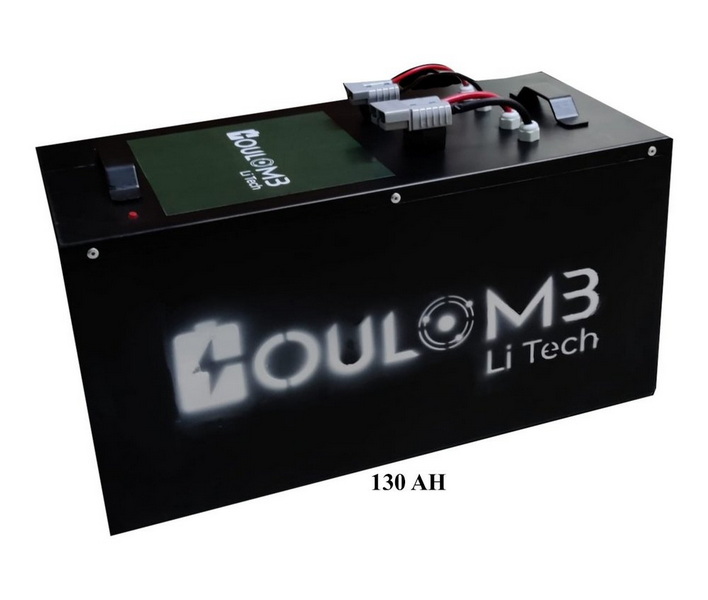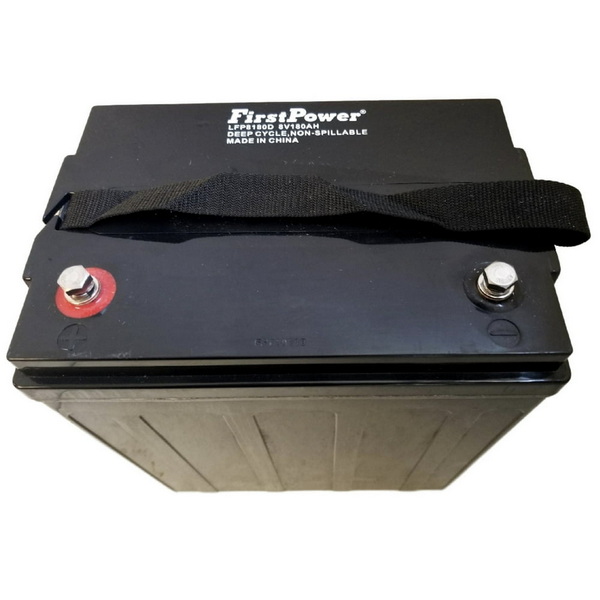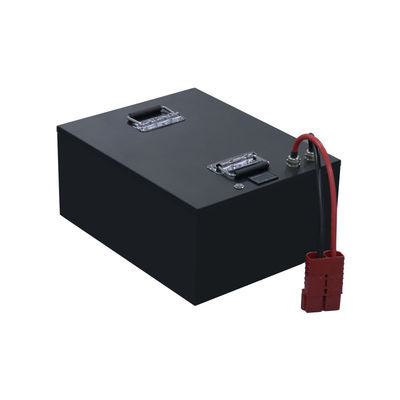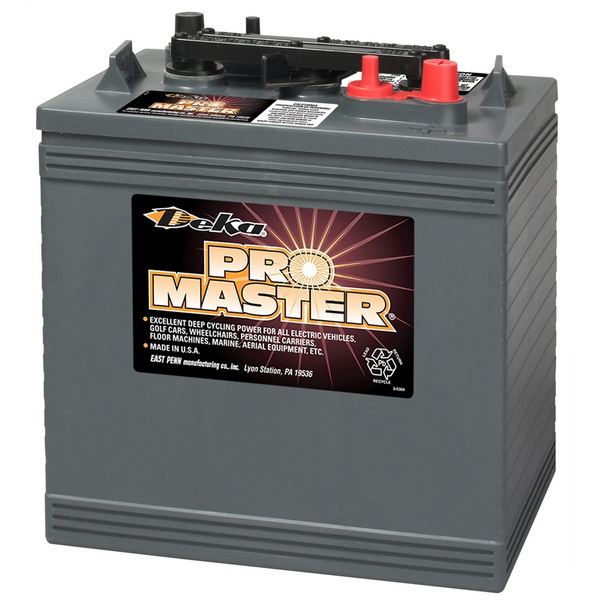Content Menu
● Types of Batteries for Electric Golf Carts
>> Lead-Acid Batteries
>> Lithium-Ion Batteries
>> Gel Batteries
● Factors Affecting Battery Prices
>> Brand and Quality
>> Battery Capacity
>> Local Market Conditions
>> Installation Costs
● Cost of Replacing Batteries
>> Maintenance and Lifespan
● Advantages of Lithium-Ion Batteries
>> Longer Lifespan
>> Lightweight Design
>> Faster Charging Times
>> Environmental Impact
● Tips for Choosing the Right Battery
>> Assess Your Usage
>> Compare Brands and Models
>> Consider Your Budget
>> Consult with Experts
● Conclusion
● Frequently Asked Questions
>> 1. How often should I replace the batteries in my electric golf cart?
>> 2. What is the average cost of replacing batteries in an electric golf cart?
>> 3. Can I use different types of batteries in my golf cart?
>> 4. How can I extend the life of my golf cart batteries?
>> 5. Are lithium-ion batteries worth the investment for electric golf carts?
Electric golf carts have become increasingly popular in recent years, not only on golf courses but also in residential communities, parks, and other recreational areas. One of the most critical components of an electric golf cart is its battery. Understanding the costs associated with these batteries is essential for anyone considering purchasing or maintaining an electric golf cart. In this article, we will explore the various types of batteries available for electric golf carts, their costs, factors affecting battery prices, and tips for maintaining and replacing them.

Types of Batteries for Electric Golf Carts
Electric golf carts typically use one of three types of batteries: lead-acid, lithium-ion, and gel batteries. Each type has its advantages and disadvantages, which can significantly affect the overall cost.
Lead-Acid Batteries
Lead-acid batteries are the most common type used in electric golf carts. They are relatively inexpensive and widely available. These batteries come in two main varieties: flooded lead-acid and sealed lead-acid (AGM).
- Flooded Lead-Acid Batteries: These are the traditional batteries that require regular maintenance, including checking water levels and cleaning terminals. They are generally the least expensive option, with prices ranging from $100 to $200 per battery.
- Sealed Lead-Acid Batteries (AGM): These batteries are maintenance-free and can be installed in any position. They are more expensive than flooded batteries, typically costing between $200 and $300 each.
Lithium-Ion Batteries
Lithium-ion batteries are becoming increasingly popular due to their lightweight design and longer lifespan. They are more efficient and require less maintenance than lead-acid batteries. However, they come with a higher price tag, usually ranging from $800 to $2,000 for a complete set. The initial investment can be significant, but the long-term savings on maintenance and replacement costs can make them a worthwhile choice.
Gel Batteries
Gel batteries are a type of sealed lead-acid battery that uses a gel electrolyte instead of liquid. They are less prone to leakage and can handle deep discharges better than flooded lead-acid batteries. Gel batteries typically cost between $200 and $400 each, making them a mid-range option.
Factors Affecting Battery Prices
Several factors can influence the price of batteries for electric golf carts:
Brand and Quality
The brand and quality of the battery can significantly affect its price. Well-known brands often charge a premium for their products, but they may also offer better warranties and reliability. It's essential to research different brands and read reviews to find a battery that fits your budget and needs.
Battery Capacity
Battery capacity, measured in amp-hours (Ah), determines how long the battery can power the golf cart before needing a recharge. Higher capacity batteries typically cost more, but they also provide longer run times. For example, a 100Ah battery will generally be more expensive than a 50Ah battery.
Local Market Conditions
Prices for batteries can vary based on local market conditions, including supply and demand, shipping costs, and regional taxes. It's a good idea to shop around and compare prices from different retailers to find the best deal.
Installation Costs
If you are not comfortable installing the batteries yourself, you may need to factor in installation costs. Some retailers offer installation services for an additional fee, which can range from $50 to $150, depending on the complexity of the installation.
Cost of Replacing Batteries
Replacing batteries in an electric golf cart can be a significant expense. The total cost will depend on the type of batteries you choose and how many you need. Most electric golf carts require a set of six to eight batteries, depending on the voltage system (36V or 48V).
For example, if you opt for lead-acid batteries and need six batteries at an average cost of $150 each, the total replacement cost would be around $900. If you choose lithium-ion batteries, the cost could be as high as $1,600 to $2,000 for a complete set.
Maintenance and Lifespan
The lifespan of golf cart batteries can vary significantly based on the type of battery and how well they are maintained. Lead-acid batteries typically last between 3 to 5 years, while lithium-ion batteries can last up to 10 years or more with proper care.
To maximize the lifespan of your batteries, consider the following maintenance tips:
- Regular Charging: Always charge your batteries after use, and avoid letting them discharge completely. This practice can help extend their lifespan.
- Water Levels: For flooded lead-acid batteries, check the water levels regularly and top them off with distilled water as needed.
- Clean Terminals: Keep battery terminals clean and free of corrosion to ensure a good connection.
- Temperature Control: Store batteries in a cool, dry place to prevent overheating and damage.

Advantages of Lithium-Ion Batteries
While lead-acid batteries are the most common choice for electric golf carts, lithium-ion batteries offer several advantages that make them an attractive option for many users.
Longer Lifespan
Lithium-ion batteries can last significantly longer than lead-acid batteries. With proper care, they can provide reliable service for up to 10 years or more. This longevity can offset the higher initial cost, making them a cost-effective choice in the long run.
Lightweight Design
Lithium-ion batteries are much lighter than their lead-acid counterparts. This weight reduction can improve the overall performance of the golf cart, allowing for better speed and efficiency. A lighter battery can also contribute to better handling and maneuverability on the course.
Faster Charging Times
Lithium-ion batteries typically charge faster than lead-acid batteries. This feature can be particularly beneficial for users who need to recharge their carts quickly between rounds or during events. A lithium-ion battery can often be fully charged in a few hours, compared to the longer charging times required for lead-acid batteries.
Environmental Impact
Lithium-ion batteries are generally considered more environmentally friendly than lead-acid batteries. They contain fewer toxic materials and are more easily recyclable. As environmental concerns continue to grow, many users are opting for lithium-ion batteries as a greener alternative.

Tips for Choosing the Right Battery
When selecting a battery for your electric golf cart, consider the following tips to ensure you make the best choice for your needs:
Assess Your Usage
Think about how often you use your golf cart and the distances you typically travel. If you frequently use your cart for long periods or on hilly terrain, investing in a higher-capacity battery may be worthwhile.
Compare Brands and Models
Take the time to research different brands and models of batteries. Look for reviews and testimonials from other users to gauge reliability and performance. Some brands may offer better warranties or customer support, which can be valuable in the long run.
Consider Your Budget
While it may be tempting to go for the cheapest option, consider the long-term costs associated with battery maintenance and replacement. Sometimes, spending a little more upfront can save you money in the future.
Consult with Experts
If you're unsure about which battery to choose, consult with experts or local golf cart dealers. They can provide valuable insights and recommendations based on your specific needs and usage patterns.
Conclusion
Understanding the costs associated with batteries for electric golf carts is crucial for anyone considering purchasing or maintaining one. While lead-acid batteries are the most affordable option, lithium-ion batteries offer longer lifespans and lower maintenance costs. Ultimately, the choice of battery will depend on your budget, usage, and preferences.
By considering the factors that affect battery prices and following proper maintenance practices, you can ensure that your electric golf cart remains in excellent working condition for years to come.

Frequently Asked Questions
1. How often should I replace the batteries in my electric golf cart?
The lifespan of golf cart batteries varies by type. Lead-acid batteries typically last 3 to 5 years, while lithium-ion batteries can last up to 10 years or more with proper care. Regular maintenance can help extend their lifespan.
2. What is the average cost of replacing batteries in an electric golf cart?
The cost of replacing batteries depends on the type and number of batteries needed. For lead-acid batteries, expect to pay around $900 for a set of six. For lithium-ion batteries, the cost can range from $1,600 to $2,000 for a complete set.
3. Can I use different types of batteries in my golf cart?
It is not recommended to mix different types of batteries in the same golf cart. Each type has different charging and discharging characteristics, which can lead to performance issues and potential damage.
4. How can I extend the life of my golf cart batteries?
To extend the life of your batteries, charge them regularly, avoid deep discharges, maintain proper water levels (for flooded batteries), and keep terminals clean. Storing batteries in a cool, dry place can also help.
5. Are lithium-ion batteries worth the investment for electric golf carts?
While lithium-ion batteries have a higher upfront cost, their longer lifespan, lighter weight, and lower maintenance requirements can make them a cost-effective choice in the long run. They are particularly beneficial for frequent users or those who require faster charging times.











































